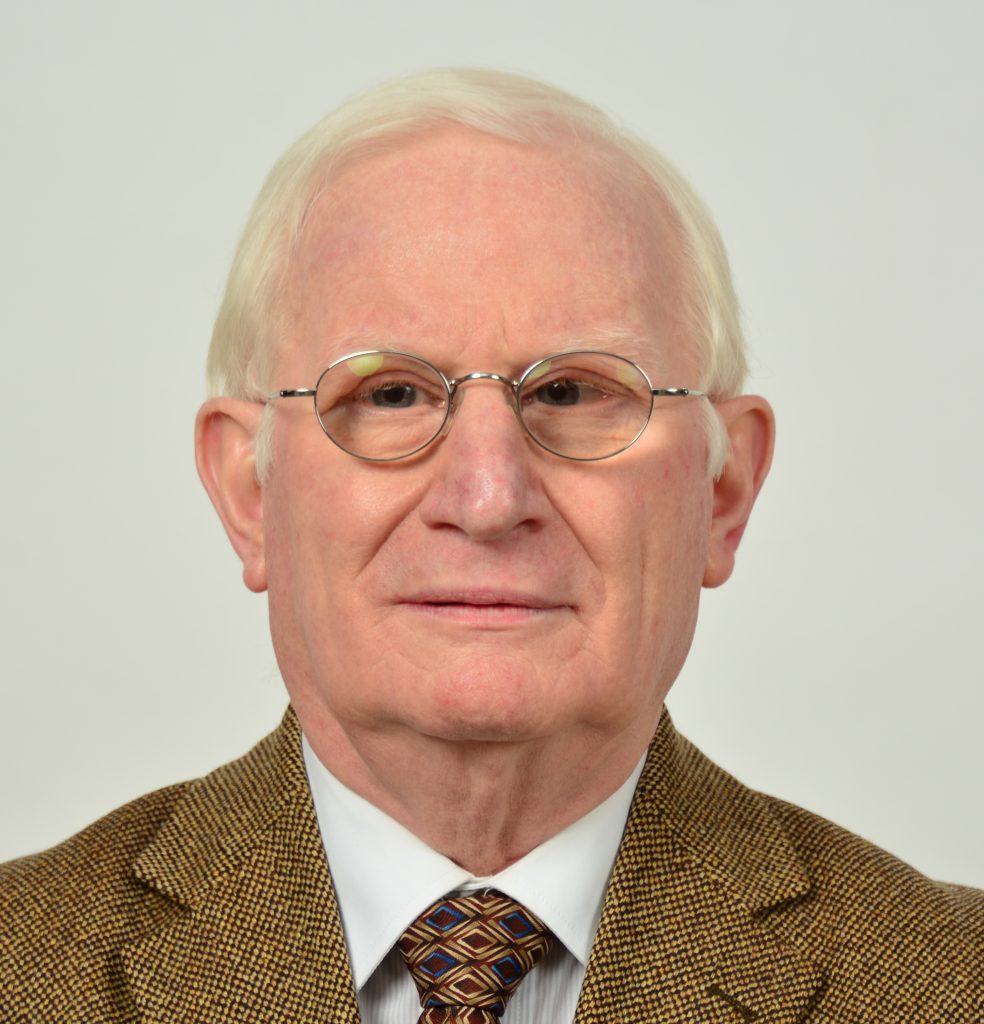Francesco. Twelve Years Later

Antonio Autiero is emeritus professor of moral theology at the University of Münster (Germany).
Editors’ Note: This post was written and published prior to Pope Francis’s death.
The date of this post, 13 March 2025, takes us back 12 years ago, to that evening of 13 March 2013, when the new pontiff introduced himself to the world with the name Francesco.
An Indispensable Voice
Apprehensions about his poor health in recent weeks bring Pope Francis particularly close to the consciousness of humanity, and not only portion professing to be Catholic. The way of exercising his function as pope has made Francis an indispensable voice in narrating the history we live. It has given his message and style value, recognized by all as moral leadership for understanding and facing what he (borrowing the term from French sociologist and philosopher Edgar Morin) calls polycrisis.


